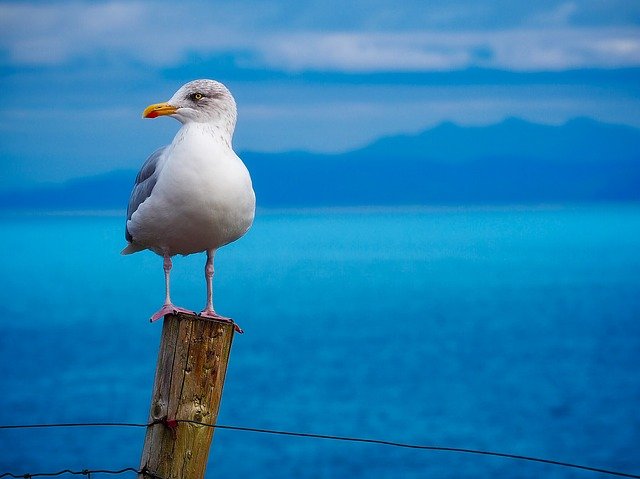You have no items in your cart. Want to get some nice things?
Go shoppingHe had a lot of corners, certainly. For starters, take the names he gave his kids. What kind of a name was Ham? Sounded like a football team. His wife had wanted Enkidu, so popular for a boy. But he had his way.
He got them down at the pub too. The way he kept banging on about how it had been a crime to kill Humbaba and destroy the cedar forest. Too much moral high ground. They nicknamed him Tree Hugger.
Then there was the zoo. You couldn’t eat them, and—well most people had the odd pet, but the aye-aye and kakapo and things? A waste of rations.
It got worse. He started obsessing about sea-levels. Look, they said, stop doom-mongering. There’s a sage in India has worked out that if you fix big sheets around a spindle, it’ll turn round in the wind. Put a belt between that and a screw, you can put all the water back in the river. We’ll cover the fields with the things if we have to. That’ll fix it.
They knew he had flipped when they found their Tree Hugger and his sons in the woods with an axe. They had to laugh though when they saw what he was building. Call that a boat? Draught’s too deep for the river, anyroad.
His wife had the worst of it in the end, having to leave her sisters in god, who had helped her through the difficult bits—and he was difficult. Their duty was to their husbands, hers to hers.
It made tsunamis look like a surfer’s lunch break. They got to the high ground, the residue of the cedar trees. The snow melt had opened up some more cultivable land. With other survivors, a women’s group calling themselves the Daughters of the Plains, they used what they had rescued of the biodiversity.
Being cursed with longevity, he watched the later generations go forth and multiply, and multiply, cutting down more trees. They had a story about how Him Whose Name could not be Written had been miffed—probably because someone had been writing his name down. It had all been beyond anyone’s control. Nothing to do with cutting down the trees. And there had been the rainbow, so it would never happen again.
This time he flipped for real. His sons found him one night, drunk and embarrassingly naked. All they could do was leave him to sleep it off in the pigeon-loft.
John RG Turner is an ecologist and evolutionary biologist. He won the John Dryden Prize for Literary Translation in 2009. His translations and original poems have appeared in Poetry and Audience, Perspectives in Biology and Medicine, and Comparative Critical Studies and on www.brindin.com and www.stephen-spender.org.





